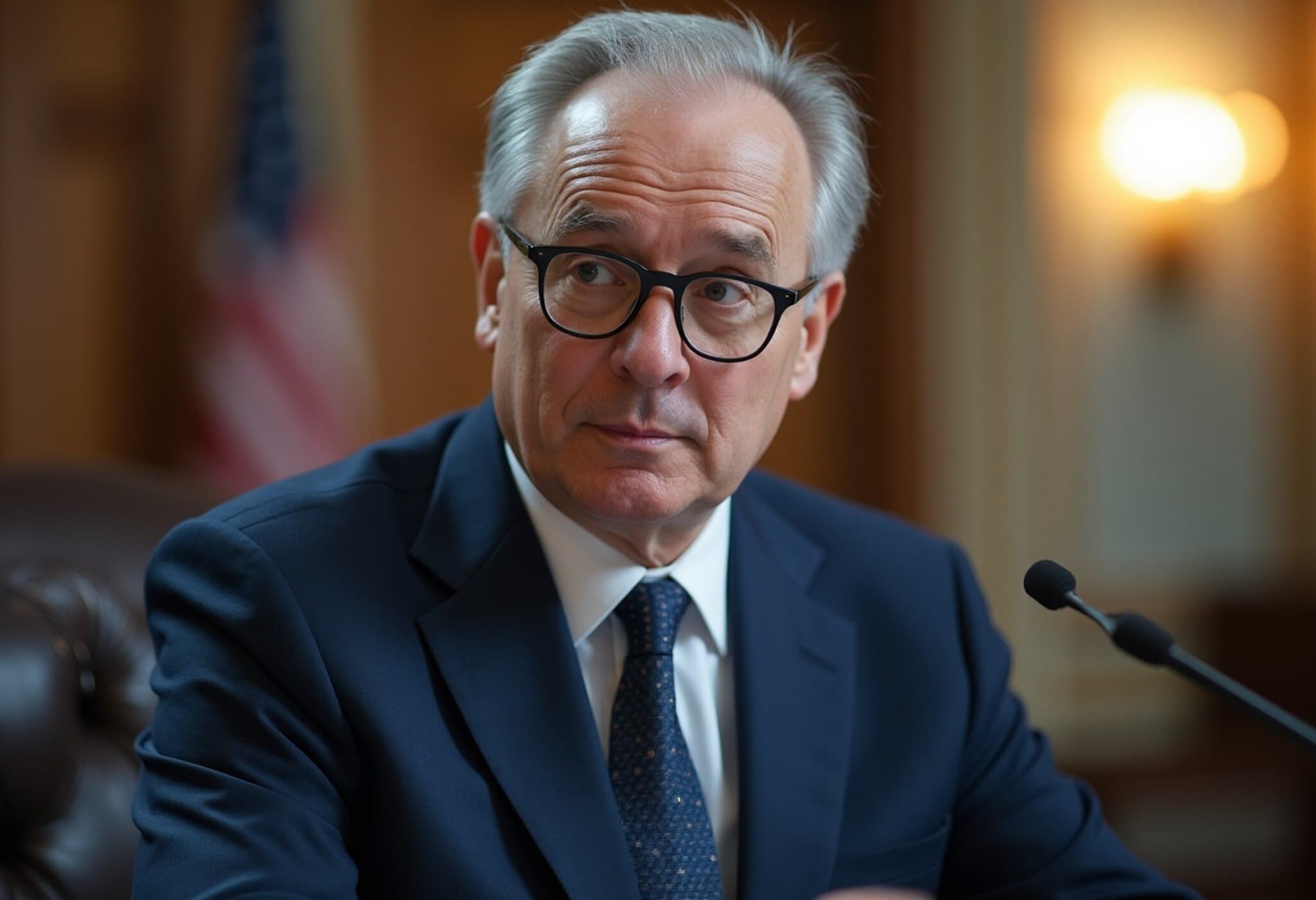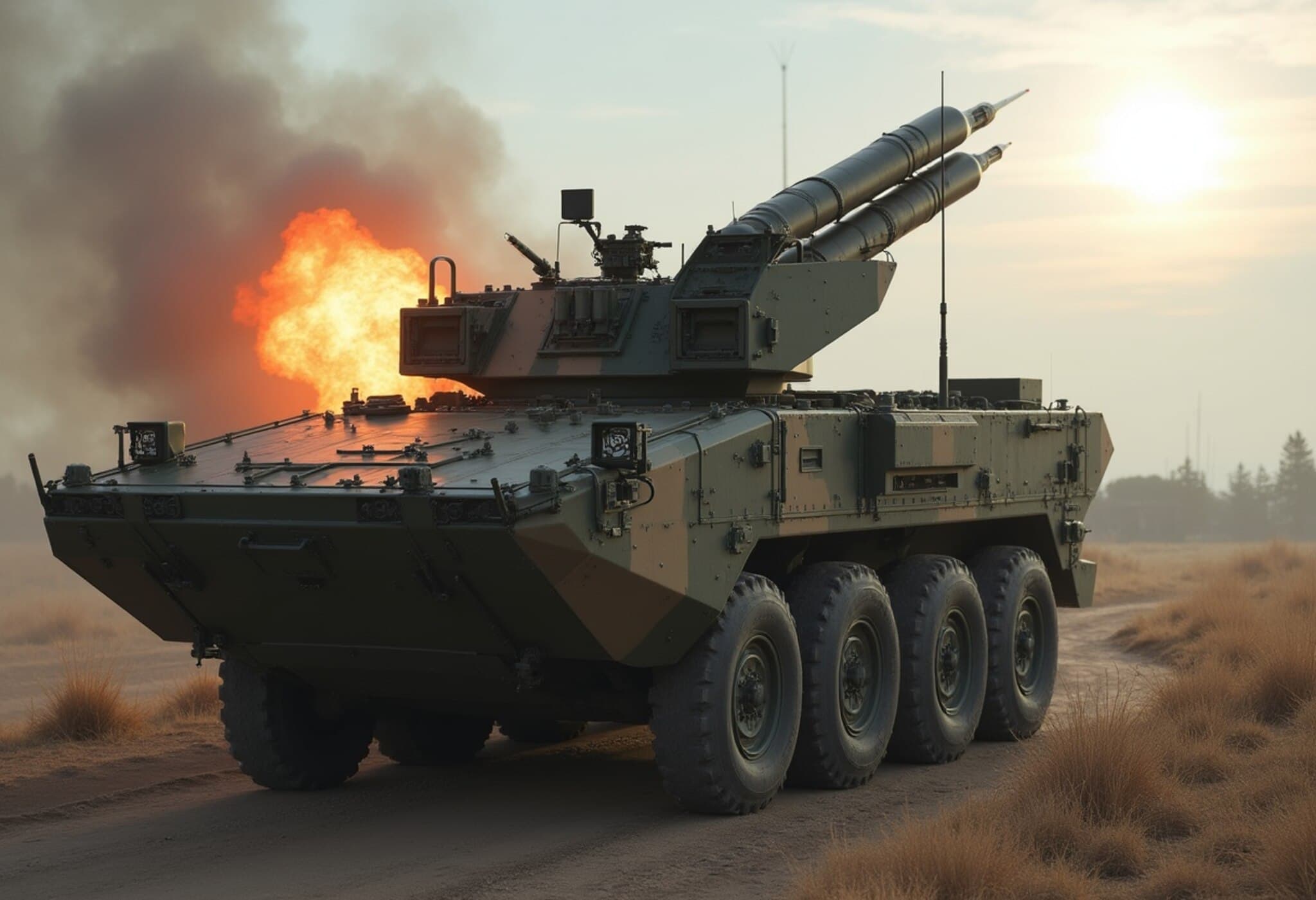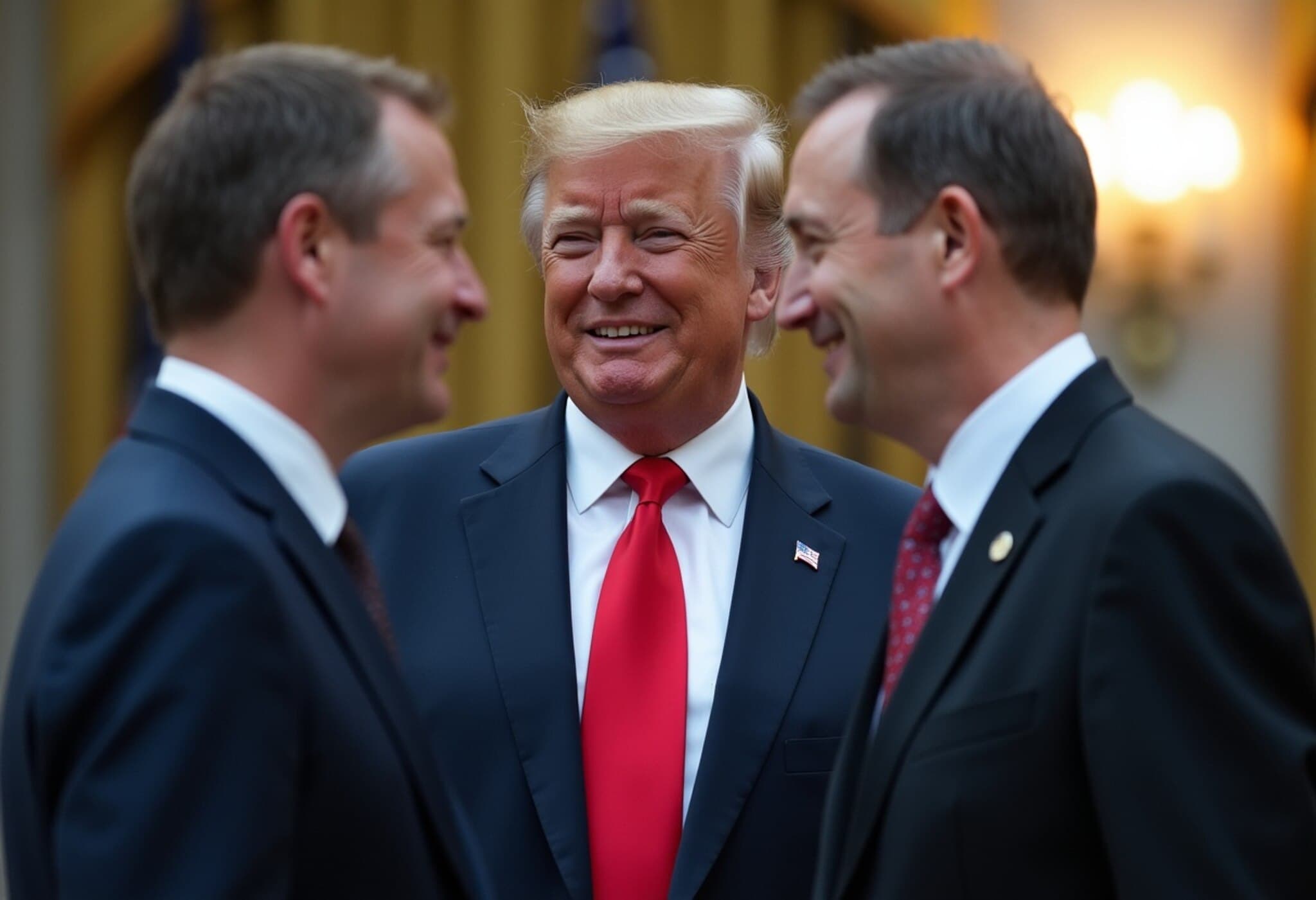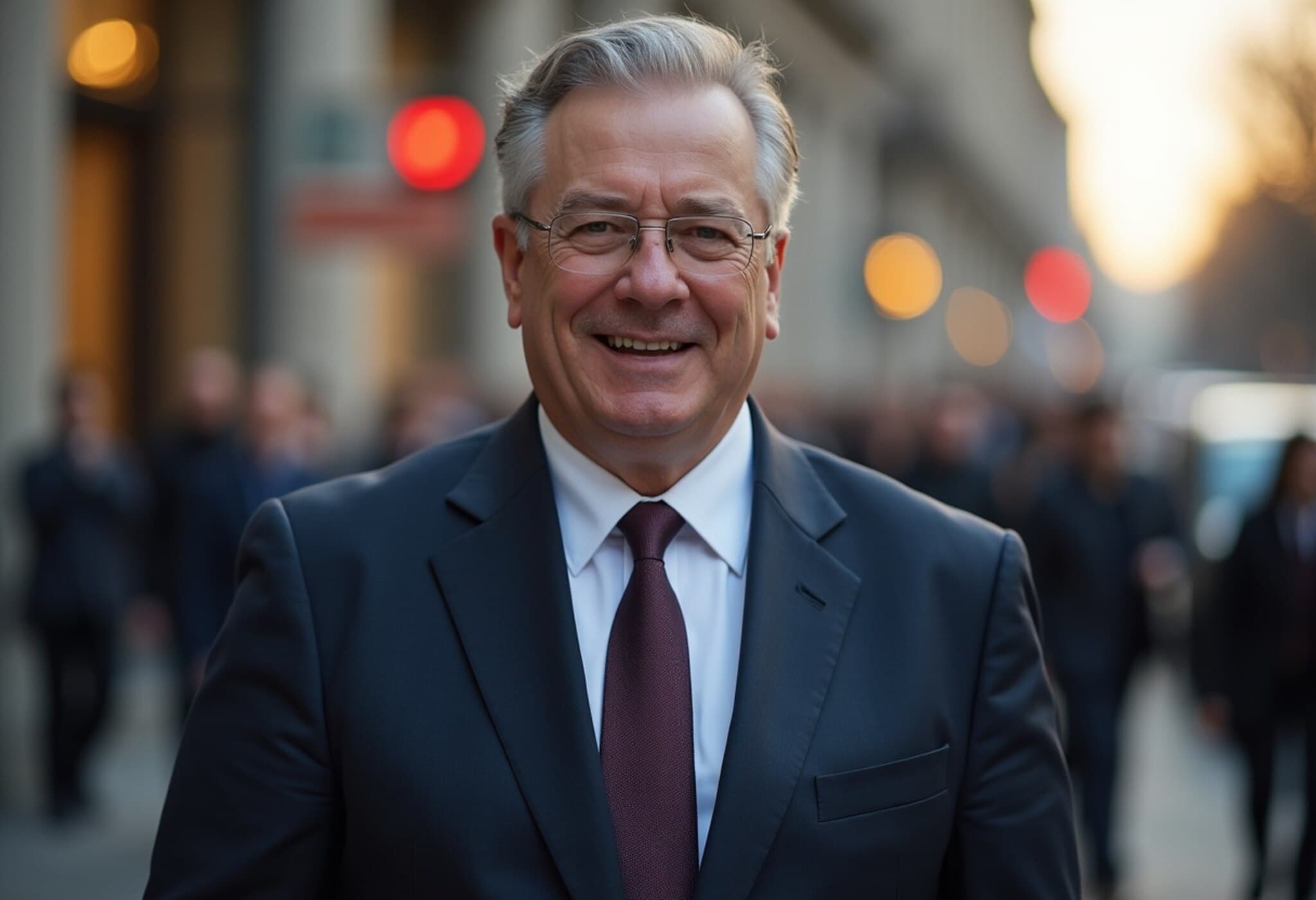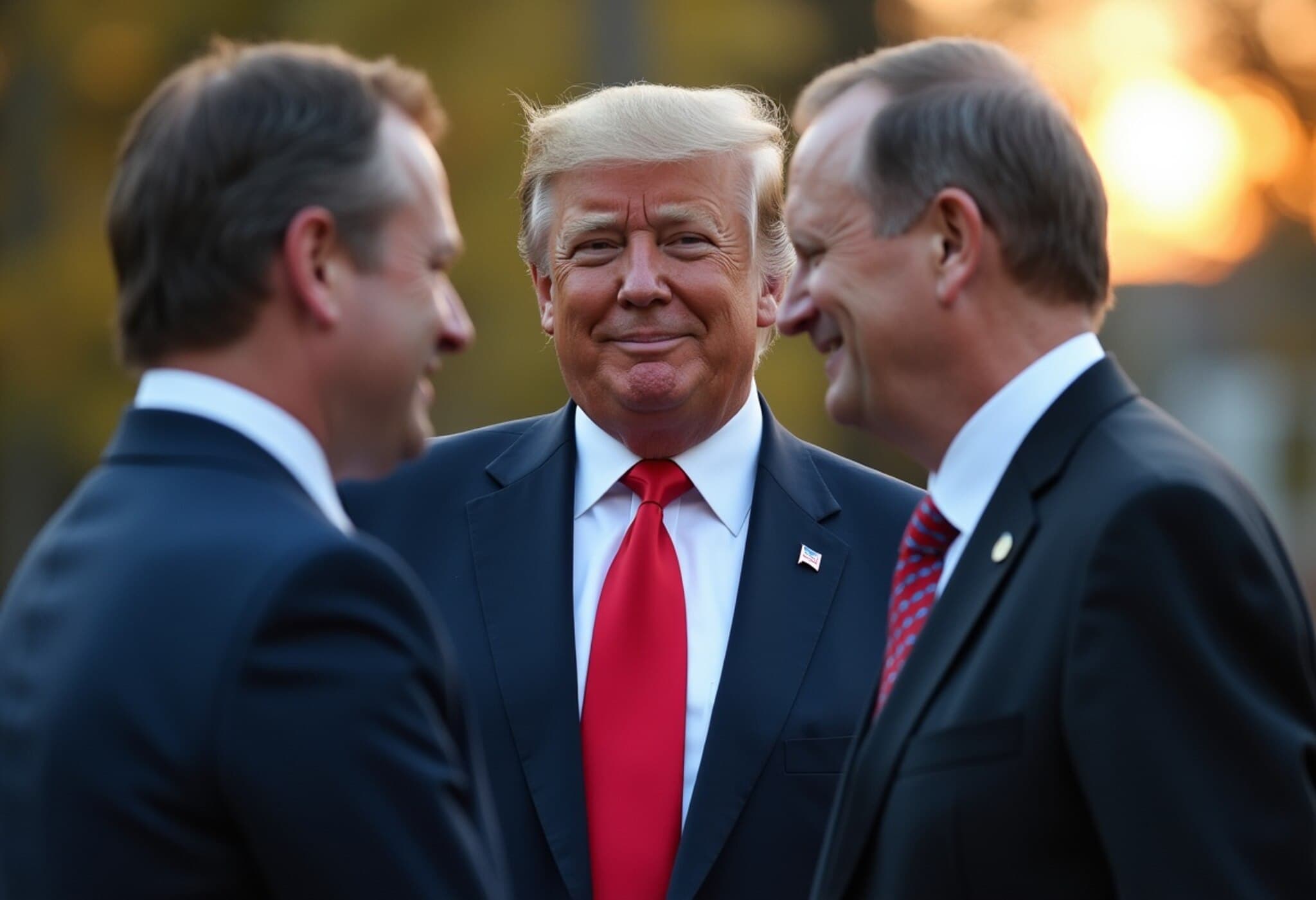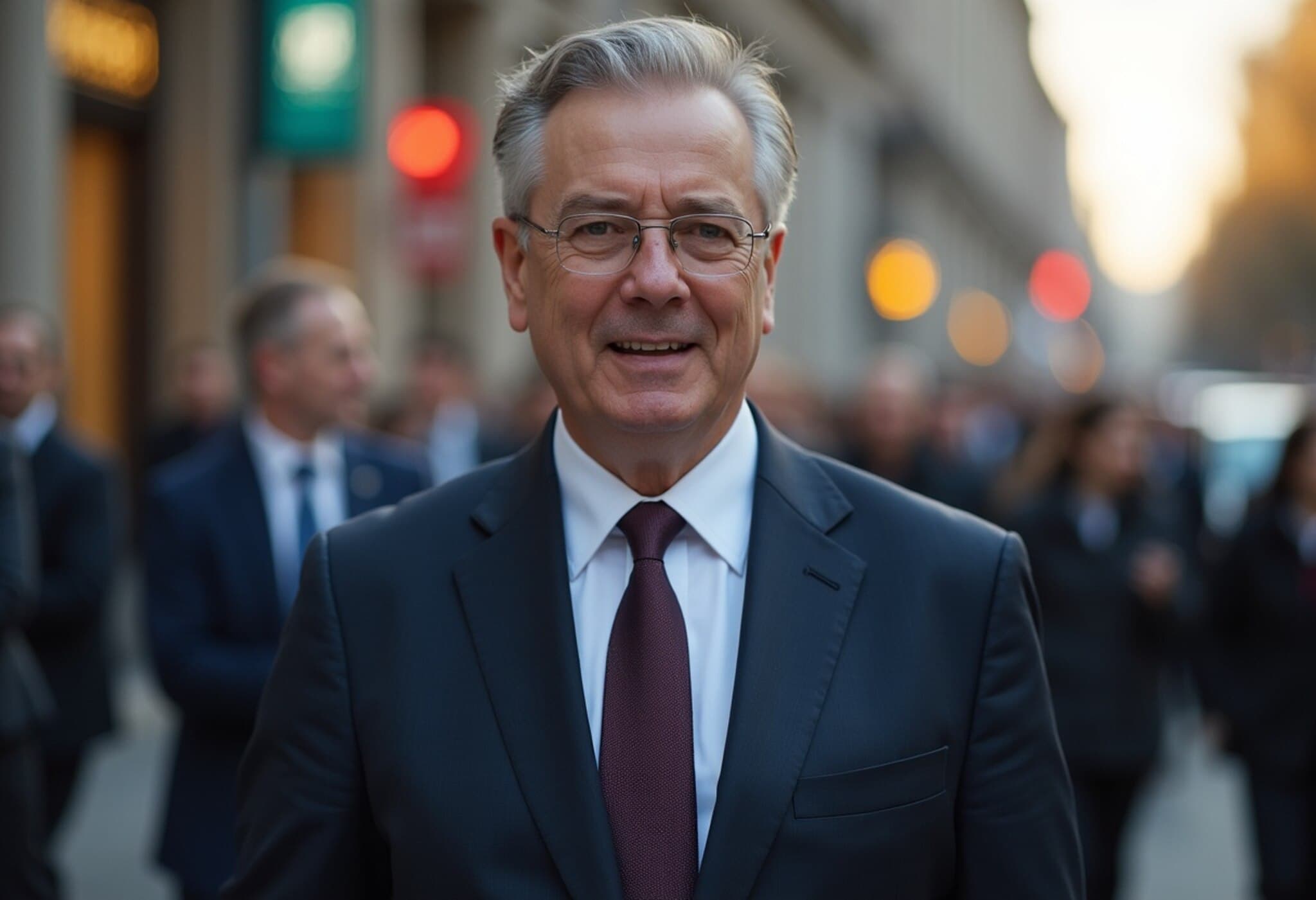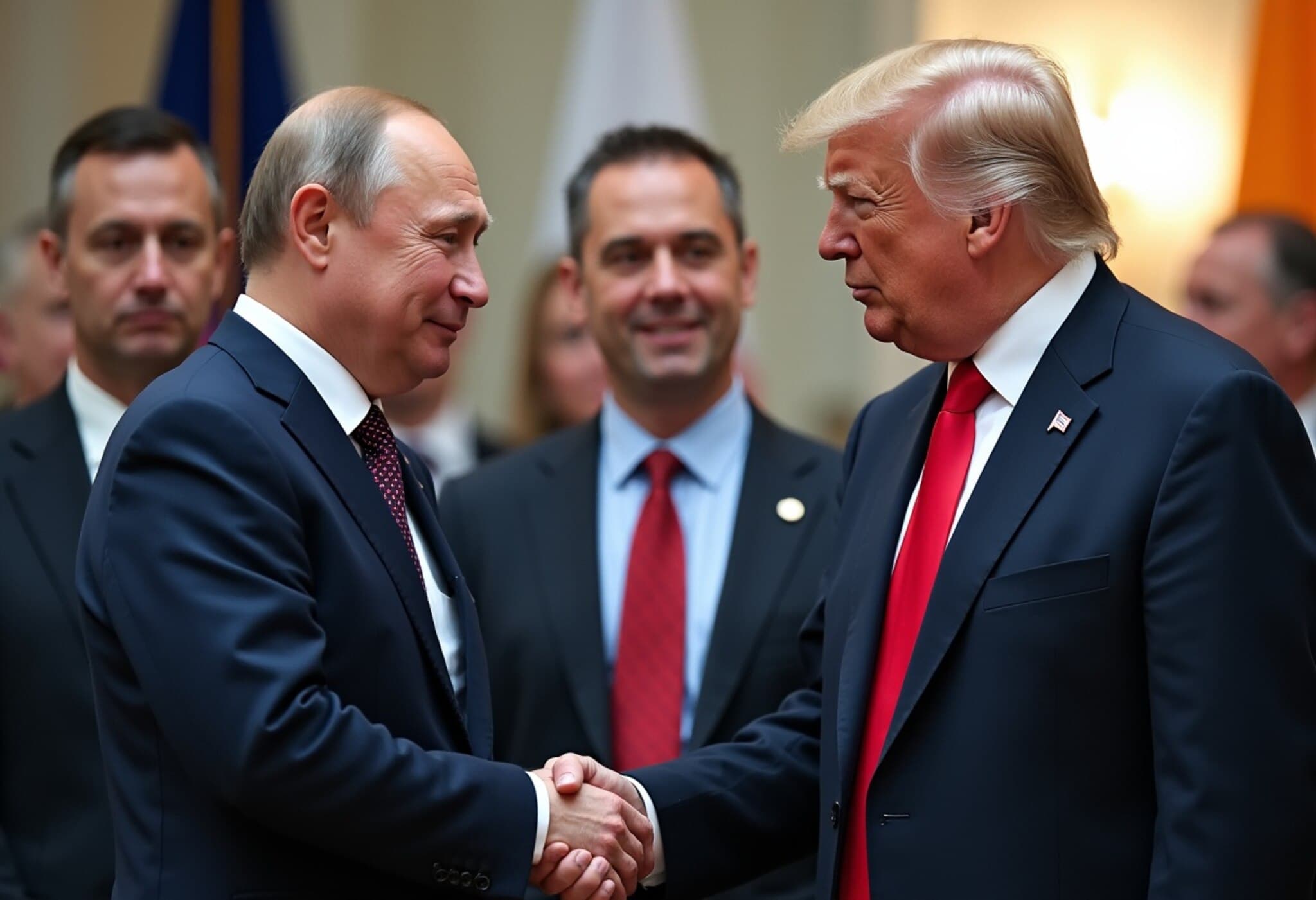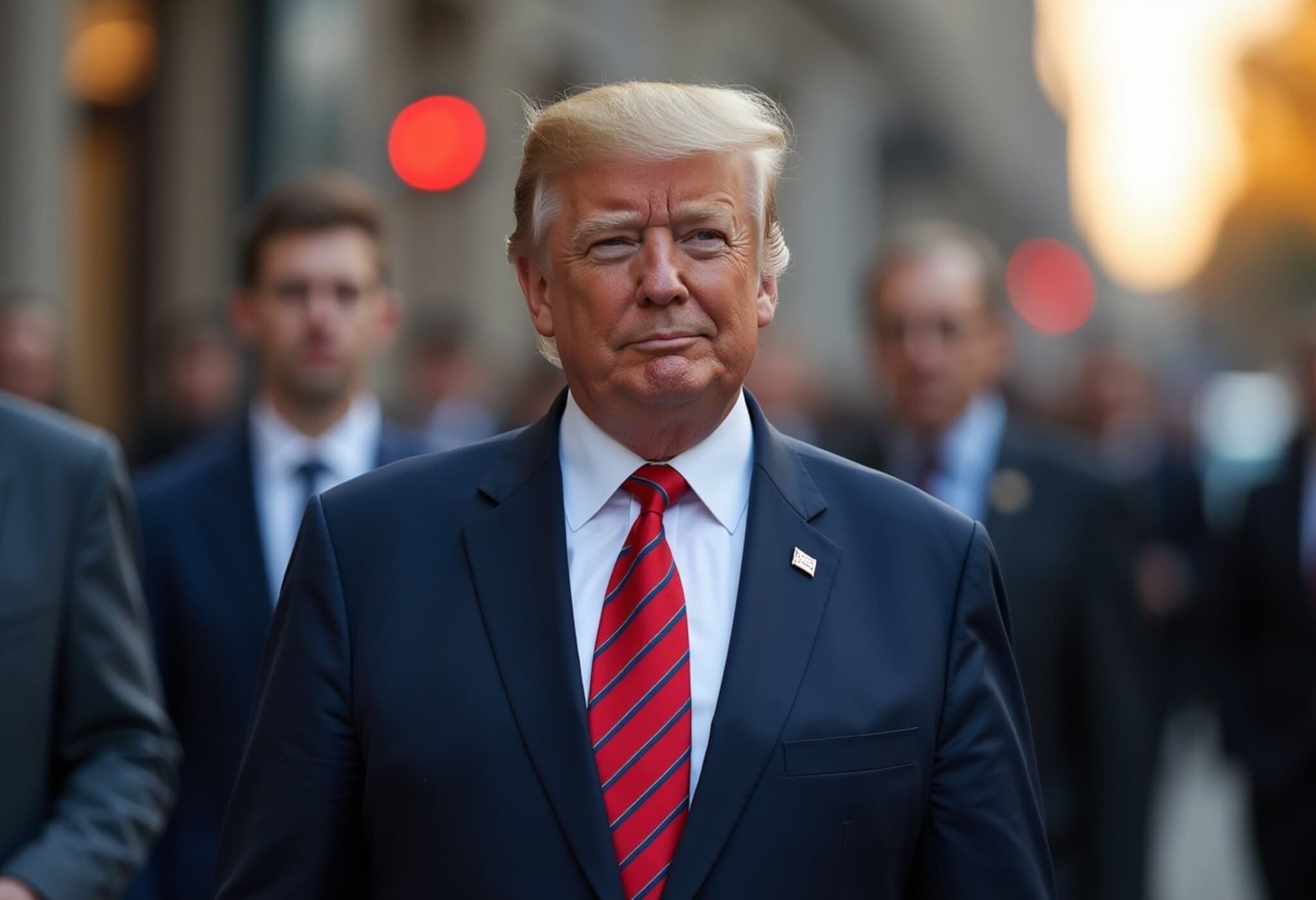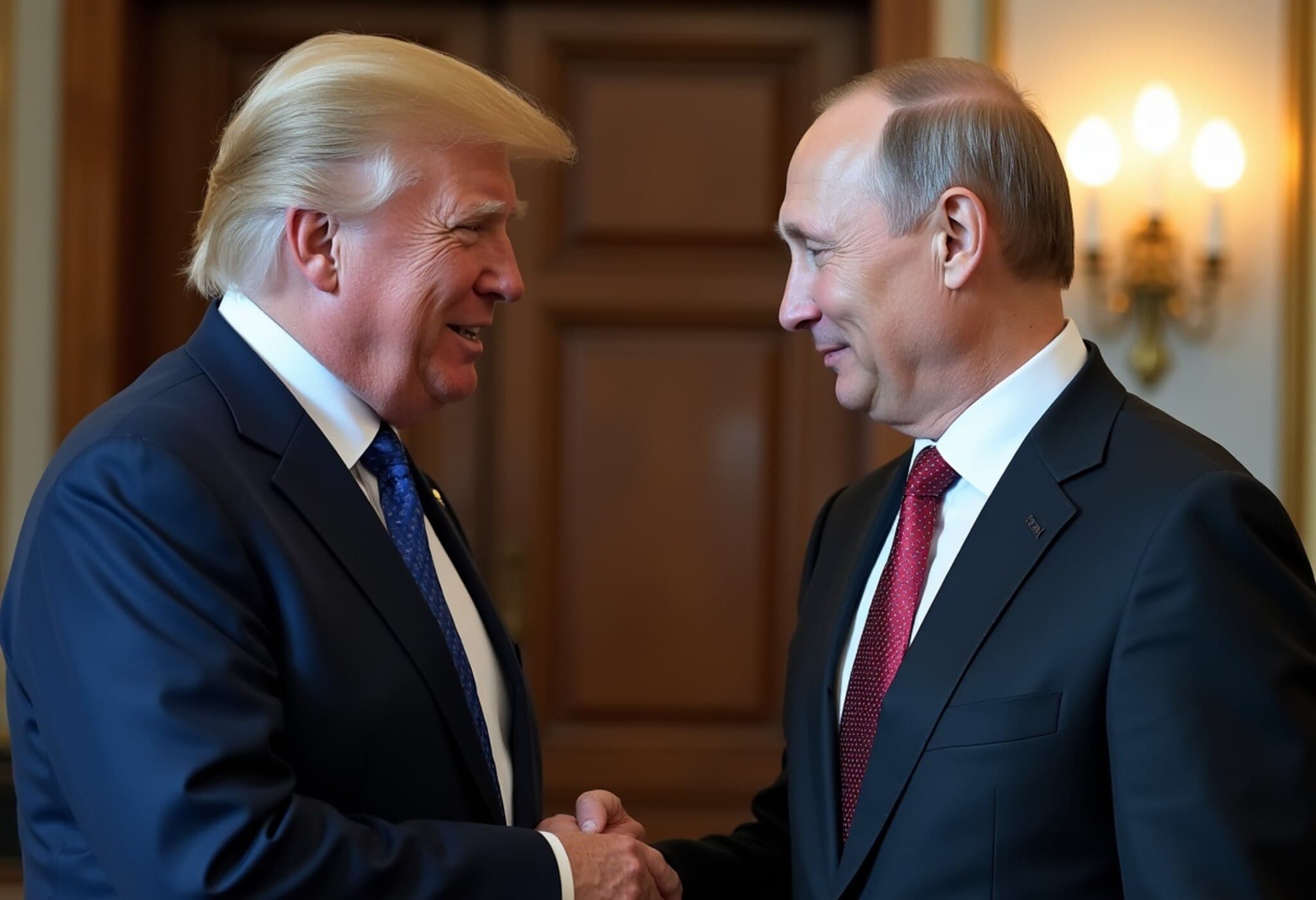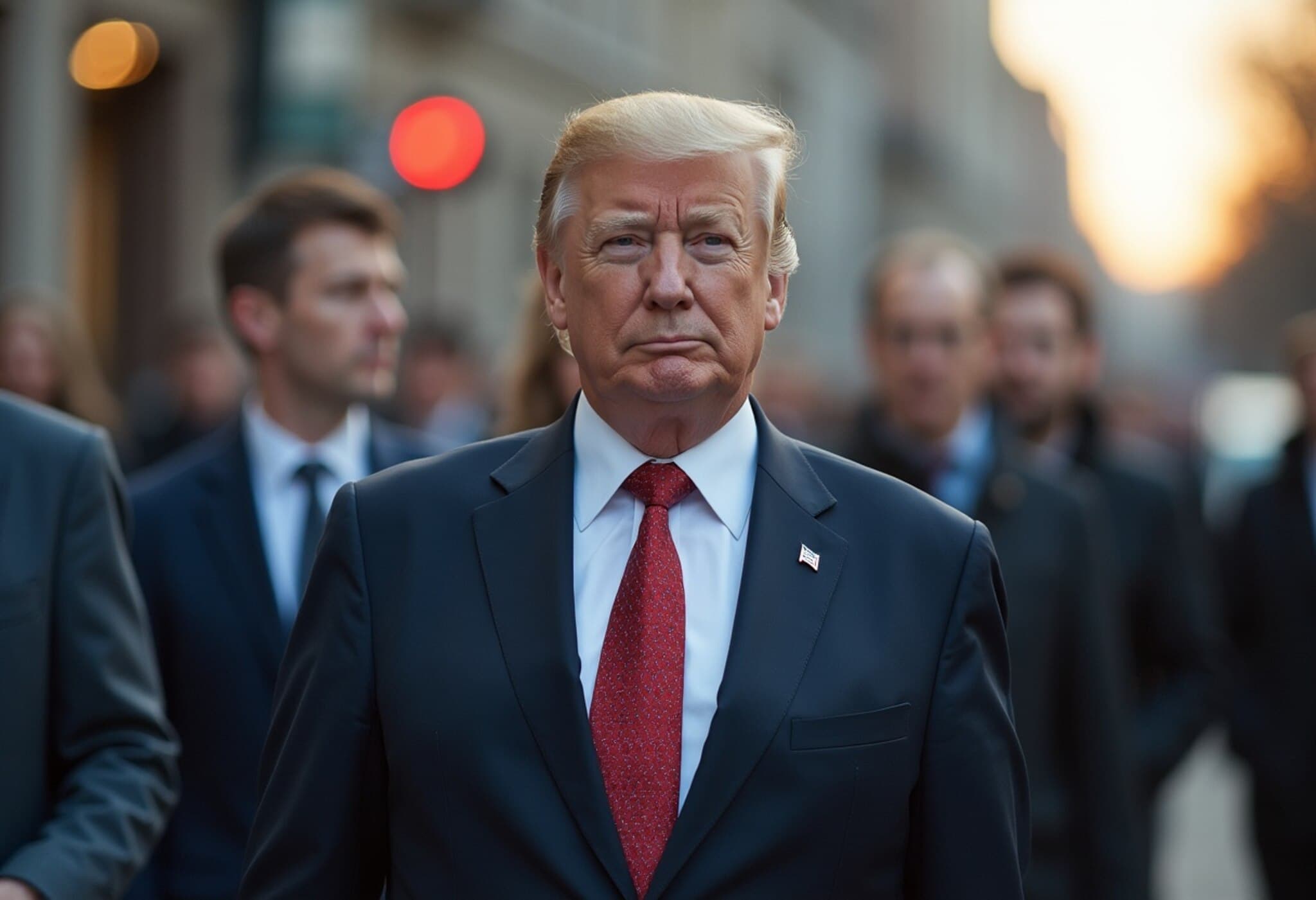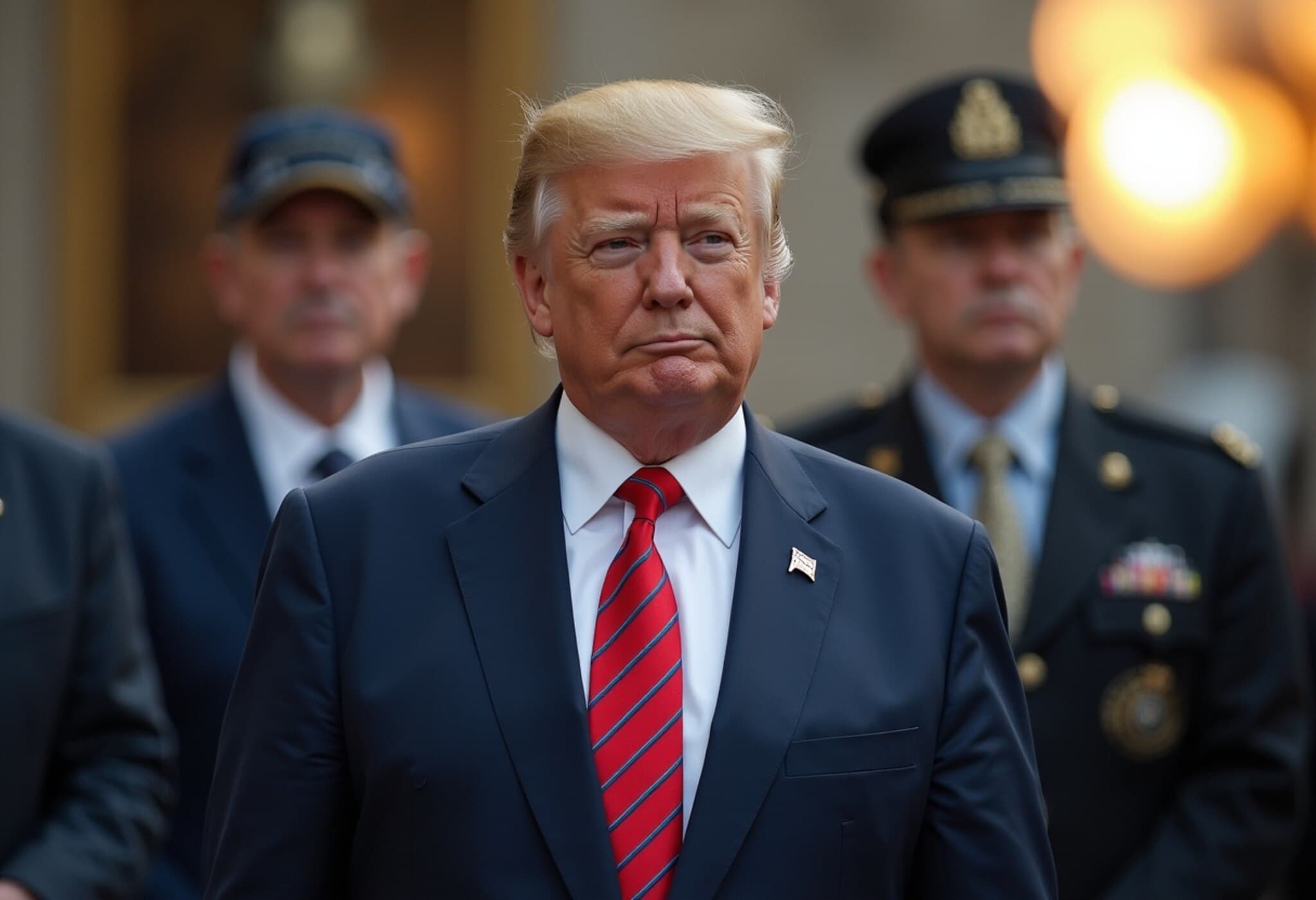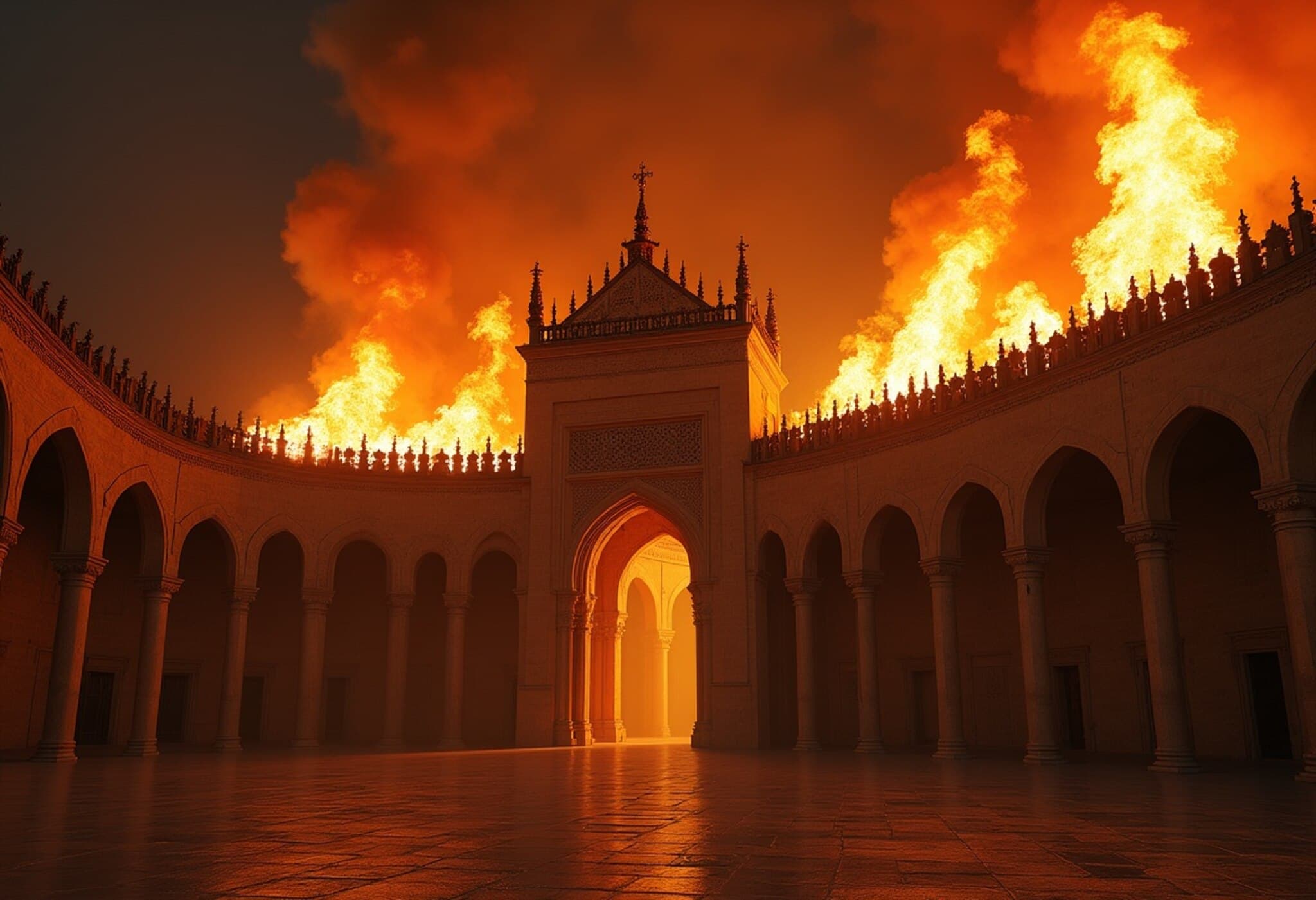Ukraine’s President Zelenskyy Firmly Opposes Land Concessions to Russia
As diplomatic dialogues between the US and Russia gain momentum ahead of the highly anticipated August 15 summit in Alaska, Ukrainian President Volodymyr Zelenskyy has delivered a resolute message: Ukraine will not cede any territory to the Russian occupier. His uncompromising stance underscores the broader existential and sovereignty issues at the heart of this prolonged conflict.
The Context: US-Russia Summit and the Ukraine War
US President Donald Trump and Russian President Vladimir Putin are preparing for talks aimed at exploring pathways toward peace in the ongoing Ukraine war. Reports, including those from The Wall Street Journal, have indicated that Putin may be willing to consider a ceasefire—but with strict conditions that include Ukraine and NATO withdrawing from contested eastern regions.
Specifically, Putin is reportedly demanding recognition over Luhansk, Donetsk, Zaporizhzhia, and Kherson provinces, areas currently under partial Russian control after years of conflict escalation. These demands have sparked sharp rebukes from Kyiv.
Zelenskyy’s Unyielding Message to the World
In a series of posts on the social media platform X, Zelenskyy stressed that Ukraine’s Constitution already firmly establishes its territorial integrity. “No one will deviate from this—and no one will be able to,” he declared. Emphasizing the principle of sovereignty, Zelenskyy articulated that ceding parts of Ukraine amounts to betraying its people and undermining peace itself.
“Decisions made without Ukraine are decisions against peace,” he wrote. He underscored that any peace proposal excluding Ukrainian consent is not only illegitimate but also doomed to fail. This stance highlights the critical issue of Ukraine’s agency being sidelined in international negotiations concerning its own future.
Geopolitical and Human Impact
Experts note that Zelenskyy’s rejection reflects broader concerns about sovereignty, international law, and the post-Cold War order in Eastern Europe. The idea of negotiating over occupied land without the recognized government’s involvement raises significant questions about the legitimacy of such deals and their potential to set dangerous precedents.
Moreover, Zelenskyy’s emphasis on homeland defense taps into deep wellsprings of national identity and resilience, rallying Ukrainians at a time when many face immense hardship from the conflict. His assertion that many global actors, even those traditionally aligned with Russia, recognize the injustices inflicted upon Ukraine adds a nuanced layer to global public opinion dynamics.
Analyzing the Summit Venue and Symbolism
Zelenskyy also called attention to the symbolic disconnect represented by the summit's location—Alaska, far from the conflict’s epicenter in Ukraine. This, he argues, further illustrates how decisions about Ukraine are being made at a distance, physically and politically removed from those most affected.
By shining a light on this geographical and diplomatic gap, Zelenskyy invites reflection on the importance of involving directly impacted nations in peace processes, rather than leaving outcomes up to external powers.
What Lies Ahead?
The coming weeks will reveal if the US-Russia summit can make any headway toward reducing hostilities or if Zelenskyy’s principled stand will keep negotiations anchored in Ukraine’s legitimate sovereignty and constitutional mandates. Analysts warn that any attempt to reach peace without Ukrainian involvement risks perpetuating instability and conflict in the region.
Ultimately, the world watches as a fiercely proud nation reaffirms its right to self-determination amidst geopolitical machinations, raising essential questions about power, justice, and lasting peace.
Editor’s Note
President Zelenskyy’s steadfast refusal to cede territory underscores a vital principle often lost in high-level diplomacy: that genuine peace must arise from the consent and participation of those directly impacted. As discussions unfold in Alaska, it remains critical for global leaders and media alike to center Ukrainian voices and realities. This conflict is not just a geopolitical chess game; it is a human tragedy and a battle over sovereignty whose resolution will set important precedents for international law and the global order.
Readers are encouraged to consider how negotiations framed without local agency might echo in other global conflicts and what role international institutions can play in supporting fair, inclusive peace efforts.

